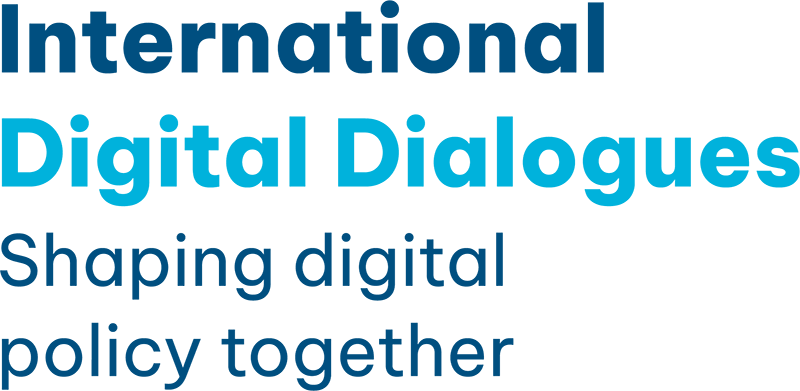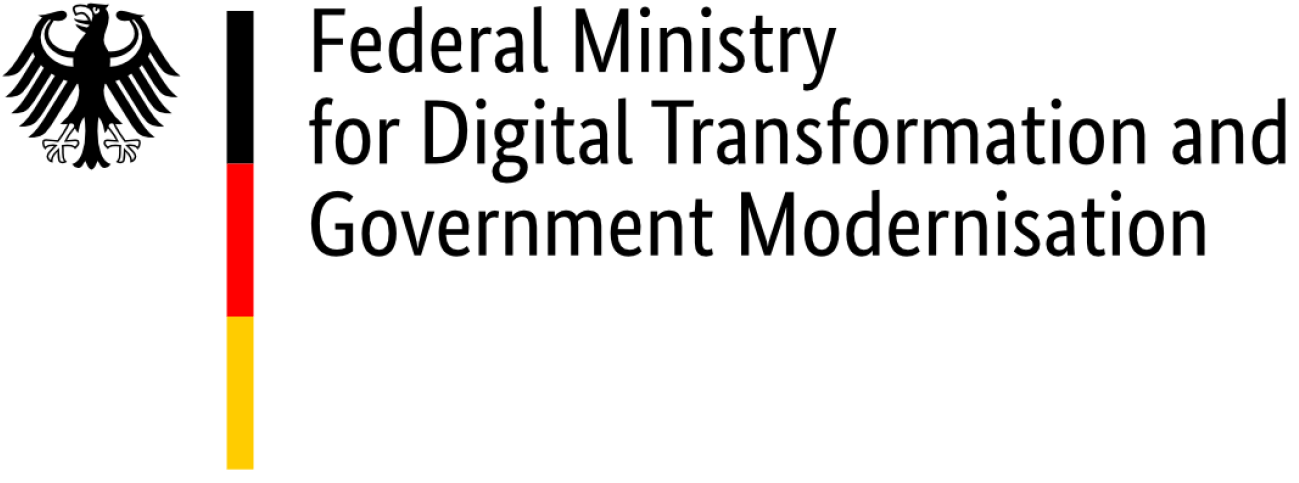Workshop at the Brazilian IGF on international standards and the Brazilian AI regulation
Brazil

The advancement of artificial intelligence cause governments around the world to seek ways of regulating the use of this technology. The workshop at the Brazilian Internet Governance Forum (IGF) provided a space to discuss the Brazilian draft AI regulation, analysing the interplay between the proposal and international standards for AI governance. Julia Rosa, Technical Advisor to the EU-Brazil Digital Dialogue, moderated the workshop, which took place in a talk show style.
Current governance scenarios for AI systems
Caroline Tauk, federal judge at the 2nd Regional Court (TRF2), stated that there is currently no risk of discrimination by AI systems used by the Brazilian Judiciary since they are not involved in decision-making processes. She explained that the used AI systems only support procedural tasks, such as identifying repetitive matters in different cases. A similar task has the VICTOR system, which is used by the Supreme Federal Court (STF) of Brazil.
Ana Gabriela Ferreira, professor and researcher of AI safety at the Pontifical Catholic University of Rio Grande do Sul (PUCRS), emphasised that ensuring diversity of developers is the best way to reduce biases and risks. Currently, the developers of AI systems lack representation of several groups, especially the black community. According to the expert, more diversity could advance the development of more complete and effective risk-assessment mechanisms.
Kelem Jordão, member of the Technical Committee for Information Technologies and Digital Transformation at the Brazilian Association of Technical Standards (ABNT), highlighted that technical standards are important to foster algorithmic transparency and minimise bias. Jordão specified that technical standards can provide guidance in the deployment and management of AI systems, allowing for a safer implementation of these systems.
Discussions about the new draft regulation
The last version of the draft AI regulation of Brazil has been one of the main discussion topics in Brazil’s digital policy landscape since it was published in April 2024. The speakers were invited to share their perspectives on the new proposal during the panel. Firstly, Kelem Jordão emphasised that the draft law falls short of adequately addressing technical norms, which can offer a framework for safety and risk assessment in accordance with international best practices.
Clarissa Mendes, project manager and researcher at the Research Institute for Law and Technology in Recife (IP.rec), stressed that technical standards have their limits. She argued that the new draft law makes progress on previously uncovered issues, such as generative AI and sustainability. However, according to her, it significantly regressed on non-negotiable matters.
One of these matters is public security. Mendes and Ferreira agreed that there need to be highly effective risk assessment systems in place before AI systems for public security are deployed – for example, to avoid racial bias. Both speakers pointed out that AI systems for e.g. biometric recognition and autonomous weapon systems should be classified as high or unacceptable risks.
More interesting news

Brazil
Launch of the Gaia-X Hub in Brazil
The International Digital Dialogues, Brazilian Internet of Things Association (ABINC) and Global Gateway jointly promote an initiative on digital sovereignty and data sharing in economic sectors. In this context, the Secretariat for the Digital Dialogues in Brazil facilitated a technical mission with the CEO of Gaia-X Association for Data and Cloud, Ulrich Ahle, on 28 October 2025. During the technical mission, the Gaia-X Hub in Brazil was launched.

Brazil
Fifth Annual Meeting of the Brazilian-German Digital Dialogue held in Brasília
On 29 April 2025, civil society, private sector and academic stakeholders gathered with high-level government representatives at the Ministry of Science, Technology and Innovation (MCTI) in Brasilia for the Fifth Annual Brazil-Germany Digital Dialogue. Every year, during the meeting, both countries reiterate their dedication to deepen their cooperation on digital policy while exploring new avenues for collaboration and innovation.
Read more … Fifth Annual Meeting of the Brazilian-German Digital Dialogue held in Brasília

Brazil
BMDV officials visit Brazil to deepen digital policy cooperation
From 28 to 30 April 2025, a delegation from the German Ministry for Digital and Transport (BMDV) visited Brazil. They participated in diverse events and meetings, aiming to foster cooperation and exchange between Brazil and Germany.
Read more … BMDV officials visit Brazil to deepen digital policy cooperation
Newsletter
Stay informed! To subscribe to the Digital Dialogues newsletter, enter your e-mail address here. Please also refer to our privacy notice.


